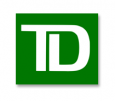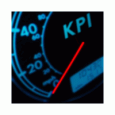
Unilever is the top Food & Beverage company on the Dow Jones Sustainability Index. Through Bullfrog Power, Unilever recently became the largest commercial purchaser of renewable energy in Canada at 59,000 MWh per year. What is Unilever’s sustainability strategy and why do they do it? To find out, I took a tour of their Brampton plant and talked to John Coyne, Vice President and General Counsel of Unilever Canada.




